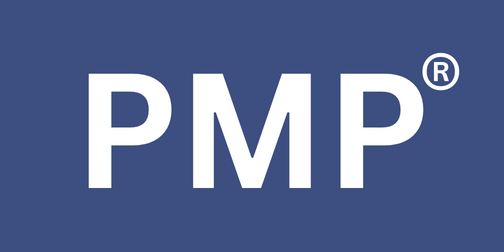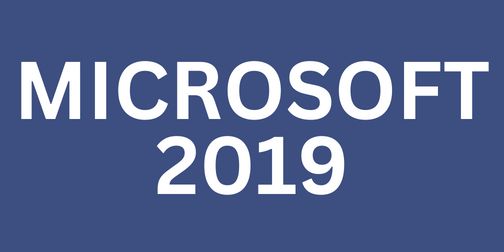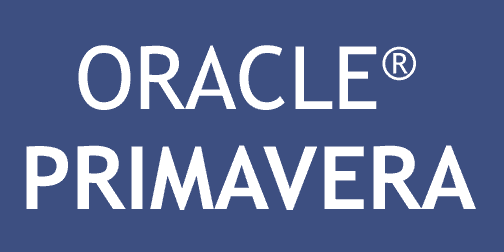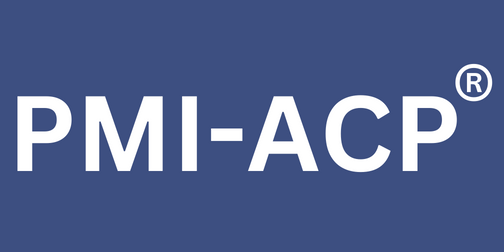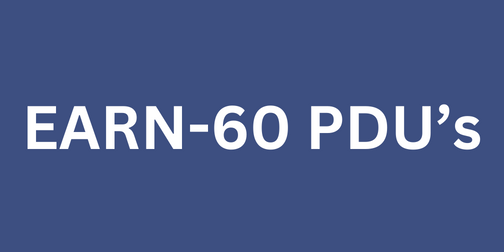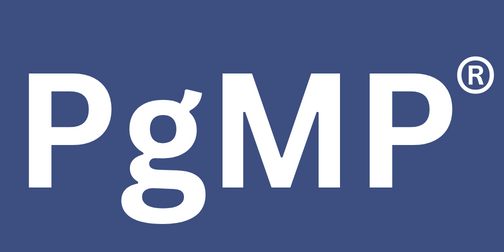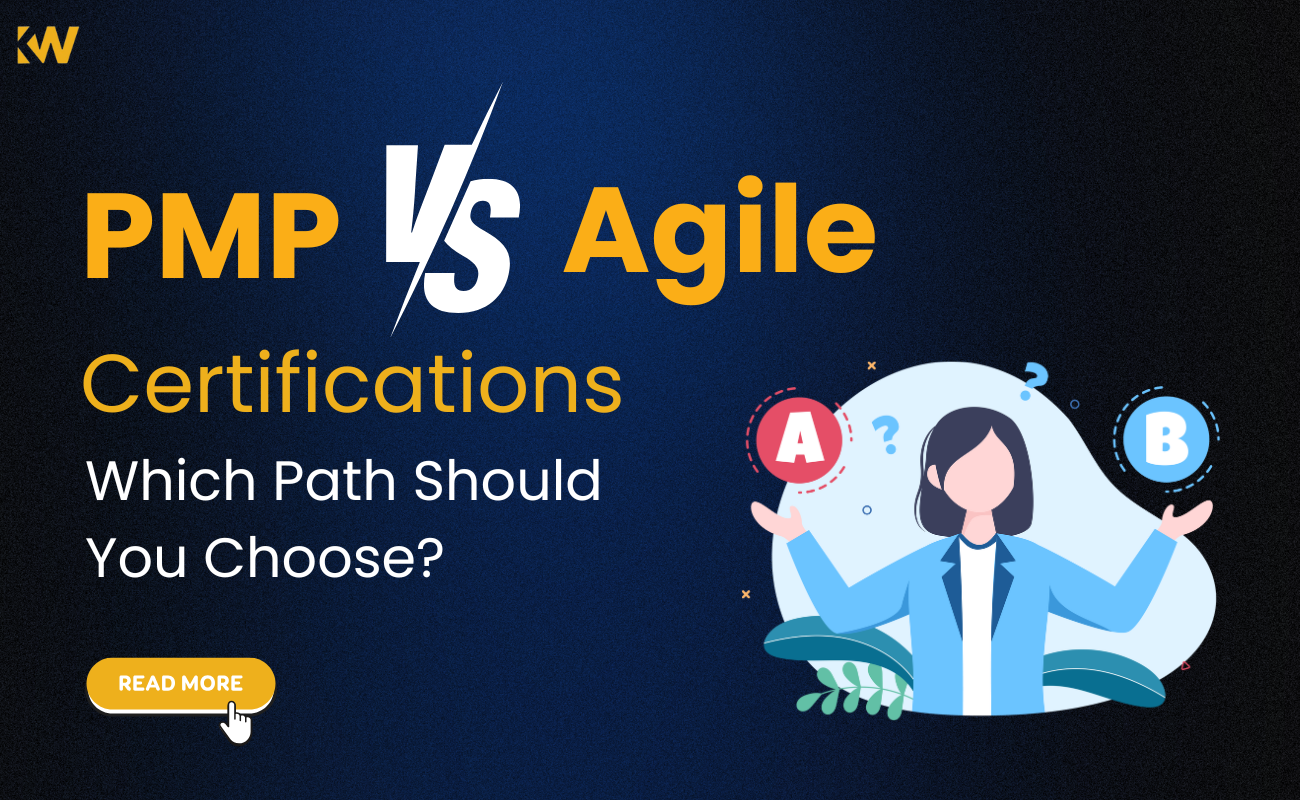
PMP vs Agile Certifications: Which Path Should You Choose?
Posted On December 17, 2024 - 12:52 PM
In the constantly evolving field of management for projects, these certifications are frequently seen as the most important tool for getting ahead in your career and acquiring the necessary skills to manage projects with efficiency. Of the many certifications available that are available, they are Project Management Professional (PMP(r)) and agile certification are among the top certificates. Which one is best for you? This blog will discuss the main advantages, differences and considerations when deciding from PMP as well as Agile certifications.
Understanding PMP Certification
It is the Project Management Professional (PMP(r)) certification is provided by the Project Management Institute (PMI(r)) and is widely acknowledged for being the highest standard in the traditional approach to project management. It is based on the concepts that are laid out within the PMBOK(r) Guide (Project Management Body of Knowledge) and emphasizes a more predictive (waterfall) agile and hybrid approach to managing projects.
Key Features of PMP Certification
-
Broad Framework: covers agile, predictive, and hybrid methods.
-
Global Recognition: It is accepted across all industries.
-
Comprehensive Knowledge Areas: The focus is on five processes groups: Initiating Planning and Executing, Monitoring and Controlling, and Closing.
-
Rigorous Eligibility: requires a significant amount of knowledge and experience in the field of project management.
-
Exam structure: An intense examination that tests candidates' expertise, skills and expertise.
Benefits of PMP Certification
-
Multi-purpose: applies to a wide range of industries, including construction manufacturing, IT as well as healthcare.
-
Greater Salary Possibilities: PMP-certified professionals usually earn more than their counterparts who are not certified.
-
Complete Skillset: Professionals are equipped with the tools needed to manage large-scale, complex tasks.
-
Global Network: Provides access to a vibrant network of managers for projects as well as PMI chapters around the world.
Who Should Pursue PMP Certification?
-
Professionals who manage projects in traditional and hybrid environments.
-
People with a lot of knowledge of project management.
-
Candidates who want to be leaders in large companies.
Understanding Agile Certifications
-
Agile certifications confirm the skills of Agile practices that prioritize collaboration, flexibility, and the use of iterative methods to develop. The most popular Agile certificates include: ScrumMaster Certified ScrumMaster (CSM(r)), PMI-ACP(r) (Agile Certified Practitioner), Professional Scrum Master (PSM(r)) along with SAFe(r) certificates (Scaled Agile Framework).
-
When looking at the comparison between pmp certification as well as Agile certifications, a few important differences are evident, which can help professionals to determine which one is aligned with their goals for careers. The main area of study of the PMP certification is agile, predictive and hybrid methods that make it adaptable and useful across a broad variety of industries.
-
Contrary to this, Agile certifications concentrate on Agile principles and frameworks which are particularly appropriate in iterative, customer-centric environments. The application of PMP certification is wide and industry-neutral, making it suitable for managing hybrid and traditional projects. Agile certifications however are more specific, being geared towards Agile methods and industries where rapid decision-making and flexibility are essential.
-
Concerning the eligibility requirements, PMP demands extensive knowledge and experience, making sure that the candidates have a solid foundation in the field of project management. Agile certifications offer a variety of entry points, and some are open to novices.
-
The exam structure also differs significantly\u2014PMP includes 180 questions covering multiple domains, while Agile certifications focus on specific frameworks such as Scrum or SAFe. The intended group to be certified as PMP are typically project managers, who manage large, structured projects and Agile certifications are specifically designed to Agile users, Scrum Masters, and those who work in dynamic environments.
-
When it comes to the cost, PMP typically involves an investment that is higher in terms of exam costs as well as training costs. Agile certifications, however, tend to be less expensive. Furthermore, the tasks that come with each certification vary.
-
PMP can lead to positions such as Project Manager and Program Manager, while Agile certifications are great for roles such as Scrum Master, Agile Coach as well as Product Owner. The distinctions highlighted highlight distinctive advantages of each certification, assisting professionals decide on the best one for their career goals and the needs of the industry.
Key Features of Agile Certifications
-
Focused Methodology: Focuses on agile principles such as adaptability, customer collaboration and continual improvement.
-
Methodology-Specific: Certifications like ScrumMaster focus on specific frameworks.
-
Dynamic and iterative: is designed to work in fast-paced, dynamic environments.
-
Multiple Entry Points: Certain certificates require experience, whereas others are more accessible to beginners.
Benefits of Agile Certifications
-
Relevance to the modern workplace: Agile practices are being increasingly adopted across all industries.
-
The specialization: provides an in-depth understanding of particular Agile frameworks, such as Scrum, Kanban, or SAFe.
-
Flexible Career Opportunities: offers opportunities for roles such as Scrum Coach, Agile Coach as well as Product Owner.
-
Continuous learning: encourages improvement through repetition and adapting to changes.
Who Should Pursue Agile Certifications?
-
Professionals in the fields of marketing, software development, or design of products.
-
People who work in high-speed jobs that require a high level of customer service.
-
People looking to specialise in Agile frameworks or move into Agile practices.
Factors to Consider When Choosing
The choice of whether to choose between PMP or Agile certifications is contingent on many aspects, such as professional goals, industry standards as well as personal interests. We'll look at these aspects:
1. Your Career Goals
-
If you want to oversee large-scale projects within conventional industries (e.g. construction, manufacturing, construction), PMP is the ideal choice.
-
The importance of agile certification is greater when you want to manage Agile teams or specialise in frameworks like Scrum.
2. Industry Standards
-
PMPs are often needed in sectors with established processes for managing projects.
-
Agile certifications are a popular choice for sectors that are undergoing digital transformation, or that value adaptability.
3. Learning Style and Approach
-
PMP requires mastery of a broad variety of methods and requires an organized, disciplined process.
-
Agile certifications focus on collaboration, flexibility, and practice in the field.
4. Time and Cost Investment
-
PMP is a time-consuming and financial investment because of the rigorous exam preparation and costs.
-
Agile certifications tend to be quicker and less expensive to get.
5. Experience Level
-
PMP is a great choice in the case of experienced managers who have extensive professional experience.
-
Agile certifications are based on a variety of prerequisites which makes them available to both novices and experienced professionals.
Combining PMP and Agile Certifications
For those looking for a competitive edge, getting the PMP or Agile certifications could transform your career. Here's why:
-
More specialized skills: combining the organized method of PMP and the agility of Agile can make you a flexible project manager.
-
Enhance Career Opportunities: Many companies value individuals who can work in multi-faceted project management settings.
-
Greater Credibility: Shows your commitment to continual learning and improvement.
Professionals can begin with the Agile accreditation to develop rapid knowledge of Agile methods and advance to PMP for a complete knowledge of hybrid and traditional project management.
Conclusion: Which Path Should You Choose?
The choice to choose between pmp certification as well as Agile certifications will depend on your professional path as well as your industry and individual preferences. Here's a summary to help you decide:
-
Select PMP for those who want to:
-
Handle large-scale, complex tasks.
-
Work in hybrid or traditional environments.
-
Get a globally recognized credential.
-
Select the Agile Certification for those who want to:
-
Leap into agile teams in highly competitive industries.
-
You can specialize in frameworks such as Scrum or SAFe.
-
Embrace a customer-centric, iterative approach.
In today's competitive work environment, these certifications are of huge worth. Whichever one you choose PMP, Agile, or both, investing in your professional education will open the door to exciting career opportunities and development. Review your objectives, the needs of the industry, and your preferred method of working to make an informed choice. prepare yourself for success in the constantly evolving field of project management.
Check Out This Blog : PMP vs PRINCE2: Which One is Right for You?












